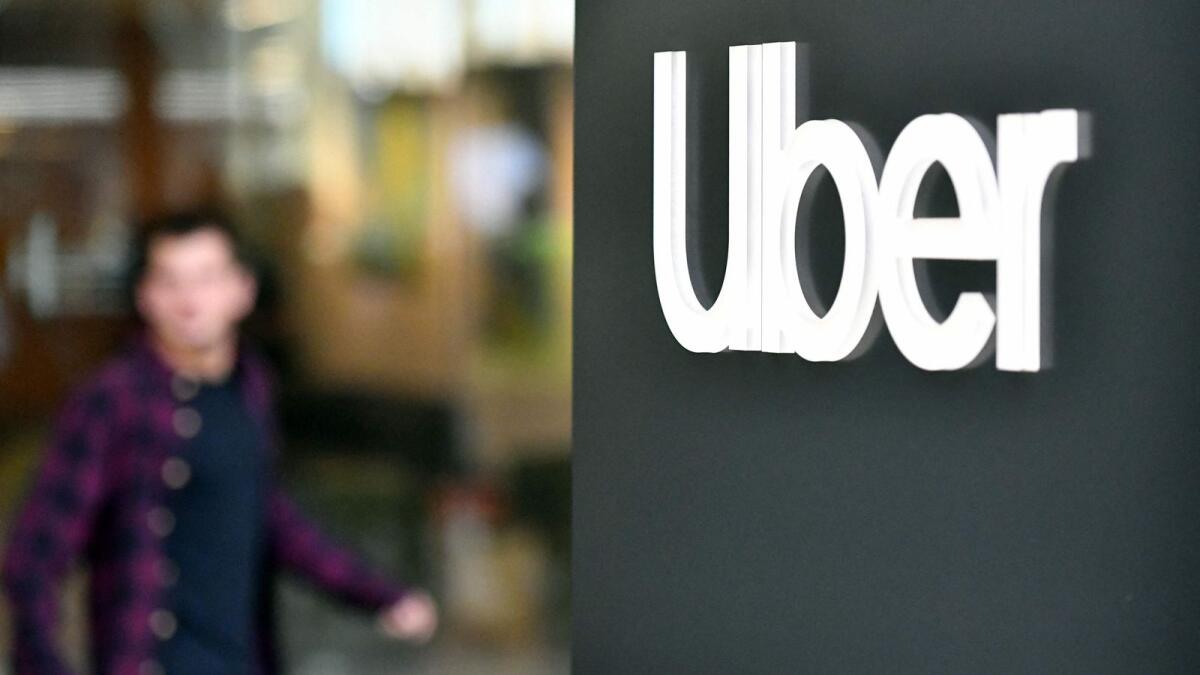The Dutch data protection watchdog recently imposed a hefty fine of 290 million euros on Uber for violating the General Data Protection Regulation (GDPR) by transferring personal information of European drivers to US servers. The regulator deemed this transfer a serious violation as it failed to adequately protect the sensitive driver data. Uber was found to have collected a range of personal information including location data, payment details, identity documents, and even criminal and medical data of drivers. Over the course of two years, this information was sent to Uber’s US headquarters without appropriate transfer tools, resulting in insufficient protection of personal data.
Uber has stated that they intend to appeal the fine, calling the decision and penalty unjustified. The company claims that their cross-border data transfer process was compliant with GDPR standards during a period of uncertainty between the EU and US. They remain confident that common sense will prevail in the appeal process. However, the EU has been stringent in enforcing regulations on big tech firms and imposing significant fines for data breaches in recent times.
The investigation into Uber’s data practices began after more than 170 French drivers raised concerns with a human rights interest group, which then lodged a complaint with France’s data protection authority. Under GDPR rules, businesses processing data in multiple EU countries must adhere to the regulations of the country where their main office is located. As Uber’s European headquarters are based in the Netherlands, the Dutch Data Protection Authority took action against the company for their non-compliance.
The Dutch Data Protection Authority emphasized the importance of protecting personal data in accordance with GDPR guidelines in Europe. They stressed that while GDPR safeguards the fundamental rights of individuals in the region, businesses must take additional measures if they store personal data of Europeans outside the EU. This is crucial to prevent breaches and ensure data privacy in a global context. The authority has previously fined Uber on two occasions, once in 2018 with a 600,000 euro penalty and then again with a 10 million euro fine last year.
In conclusion, the Dutch data protection watchdog’s significant fine on Uber serves as a reminder of the importance of compliance with GDPR regulations in safeguarding personal data. As businesses increasingly operate on a global scale, it is essential to implement adequate measures to protect the privacy of individuals, especially when data is transferred across borders. The appeal process will determine the final outcome, but this case underscores the need for tech companies to prioritize data protection and privacy in their operations to avoid hefty fines and legal consequences.











